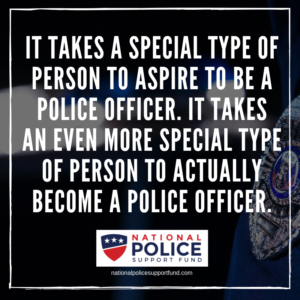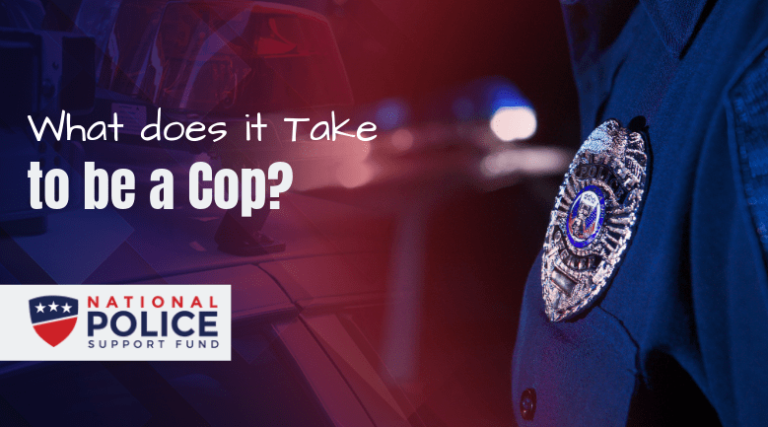It takes a special type of person to aspire to be a police officer. It takes an even more special type of person to actually become a police officer. Not only do individuals need to possess the intangible qualities of bravery and a sense of duty, they must also pass rigorous testing and screening to achieve the title “police officer.” So if you’re thinking about a career in law enforcement, here’s what you need to know.
Comprehensive background checks
Before even being considered to apply to train as a police officer, recruits must pass a series of comprehensive background checks. Be prepared to have your personal life read like an open book, as the background check process will include interviews with your family and friends and visits to your current and former places of residence.
Needless to say, a criminal record will disqualify anyone from becoming a police officer, but there are other areas investigators cover to further narrow the pool. Your credit history will almost certainly be checked as well as drug screenings to ensure that you have kept yourself on the straight and narrow. The background check process usually takes a few months, so be prepared to be patient during a very lengthy and thorough investigation into your entire life.
PAT Testing

Passing the background check process is just the start if you want to become a police officer. Next you will have to pass a Physical Abilities Test (PAT) to determine if you possess the physical fitness required for the intense rigours of being a police officer.
The requirements for passing the test can vary by department, but be prepared for a 1.5 mile run, obstacle course and basic tests to determine strength and agility. However, merely passing a background check and PAT are just the beginning.
Admittance to Police Academy
In order to be considered for admittance to the police academy, recruits must first pass an entrance exam to measure basic problem solving, mathematical and writing skills. Your scores will be compared to the scores of your fellow recruits, so only the top exam scorers will actually be enrolled in the academy.
If you make it to the academy, be prepared for 12-14 weeks of intense training and study in the areas of civil rights and criminal law. Only after successfully completing the academy will you have the privilege of calling yourself a police officer. Even after graduation, however, you will still be on “probation” for at least a year until you have proven yourself to be a capable law enforcement officer.
The challenges of being a law enforcement officer are many, starting with the process of becoming an officer. Only the best of the best will be given the title “police officer” so if you’re considering a career in law enforcement, be ready for the ultimate test.








